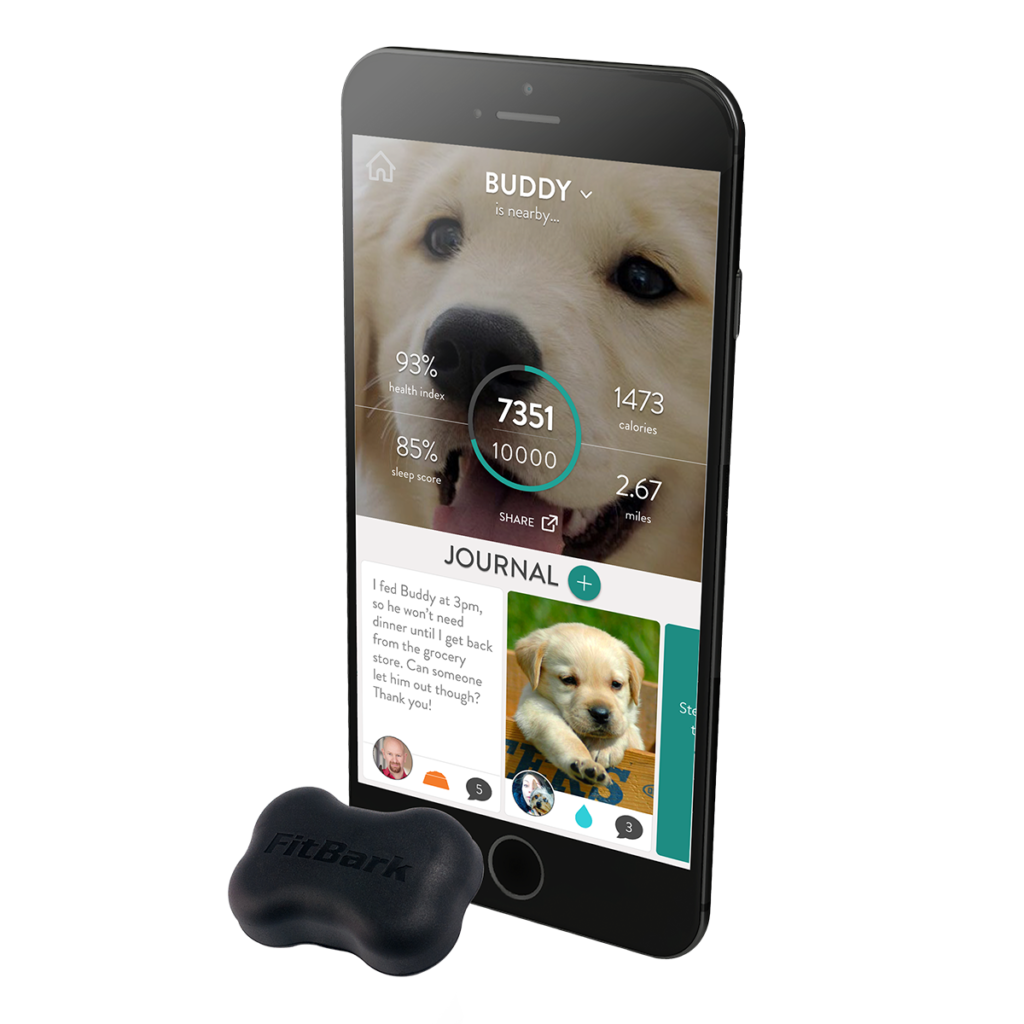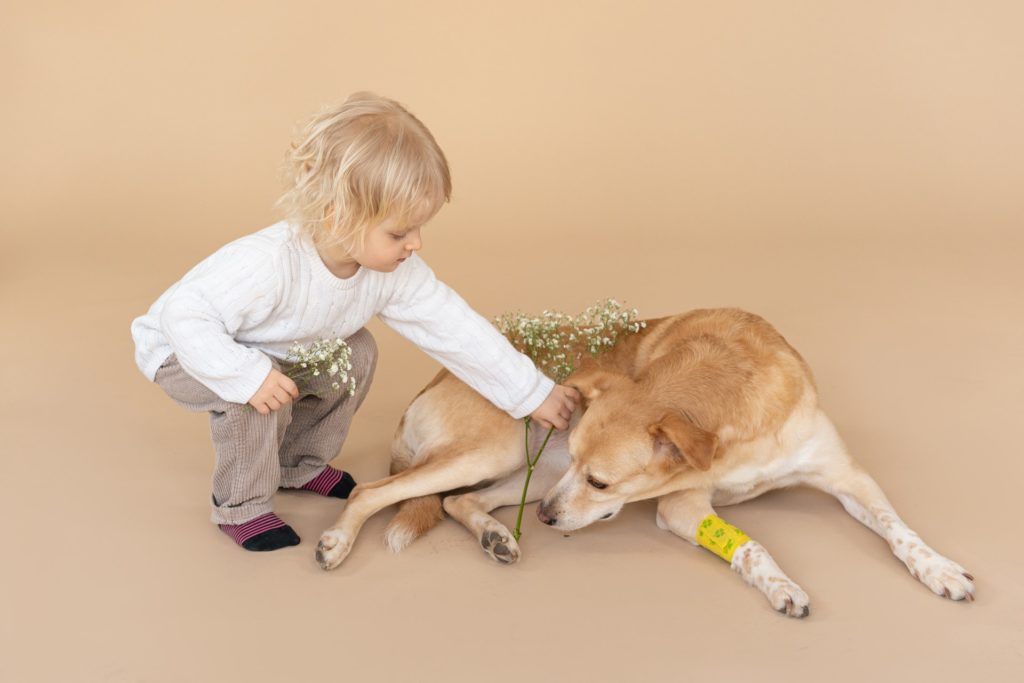Dogs can feel depressed too, for the same reasons as humans might. However, depression in dogs can present more settle, and it takes a keen dog owner to notice the signs and symptoms of doggy depression and add more fun into the dog’s life as well as work effectively with the vet for follow-up. So what can cause doggy depression? How can we as their owners make it better?
Signs That Your Pooch Might be Depressed:
- Decrease or loss of appetite
- Decreased water intake
- Lethargy
- Hiding or seeking isolation
- Constipation or change in bowel habits
- Dramatic weight loss

What Causes a Dog to get Depressed?
Dogs can get depressed for the same reasons a person might get depressed. Some examples are:
Loss of a loved one, either a human or dog. Dogs do feel grief. They grieve for the same reasons people might. If they lose sudden contact with a human companion because of a move, or someone in the home going to college, they will feel sad. Death of a human champion also causes grief in dogs, as does a sudden loss of canine champion that your dog might have been close too.
The arrival of a new family member can cause a grief response in some dogs. Sometimes the addition of a new baby or another dog in the family can cause the dog to go into a depression as a result of jealousy. If you have children, you will understand well how the arrival and excitement around the new baby is a difficult adjustment for young children who are the older sibbling. There is a sense of feeling, left out, alone, and wondering if they have been forgotten about. Dogs can experience similar feelings in these circumstances.
Moving to a new home or city. Even exciting times, cause stress that can cause depression even when an event is supposed to be joyful. The new surroundings and sudden change can cause depression in your dog due to anxiety.
There Are Many Types of Depression:
- Seasonal Depression: changes in the seasons can cause your dog to feel depressed especially during long wet, cold winters when the doggy is restricted from enjoying the outdoors
- Clinical Depression: Occurs as a result of chemical imbalances in the brain that make your dog feel chronically depressed
- Medical Conditions: Underlying medical conditions can make your dog feel depressed because of possible chronic pain, and not feeling well, or hormonal imbalance. Since your dog cannot tell you he or she is feeling unwell, prolonged periods of being physically sick can bring your dog down
Situational Depression: Dogs need consistency, and if their lifestyle changes drastically for prolonged period of time they may get depressed as a result of constant anxiety. Especially if the change involves longer periods where the dog is left alone or does not get time to play with his or her family with fun, interactive games.
Helping Your Dog Get Out of the Depression Spiral
Consult your veterinarian for the diagnosis and best treatment option if you think your dog is depressed. Treatment may vary from just improving your dog’s quality of life by walking him or her more and giving him or her more social opportunities and interactive play, but may also include various types of therapy for physical aliments or medications. If it’s possible to go back to the dog’s old routine to keep consistency, this is a good idea. However, in some cases medication may be needed to help chemically balance the dog’s brain and hormone levels. In other cases, sometimes medication for pain relief improves your dog’s quality of life and will improve their mood as they gain the ability to play and socialize again. If you prefer to use herbal medication for your dog there are some veterinarian that specialize in this, consult your regular vet first. It may take a few weeks for your dog to perk up after beginning his or her new medication regime. Be patient and supportive and he or she will come around. Medication therapy may not always be permanent depending on the underlying cause of the depression. Following up with your vet will let you know the prognosis of your dog’s depression and what you can both look forward to in the future! Depression in dogs is self-limiting and they need your support.

Using Technology to Monitor Doggy Blues
Some dog owners enjoy using the FitBark to monitor their dog’s health and fitness. Health, fitness and sleep quality helps guard against depressions and play an important role in treating active depression. The FitBark device is wearable technology for your dog, that syncs with your smart phone, watch and other devices for breed specific health and activity monitoring. Fitbark continuously monitors your dog’s activity, sleep and nutrition and gives you the measurable results! You may find it helpful to have daily results to discuss at veterinary follow ups and to plan breed specific health and fitness goals.


